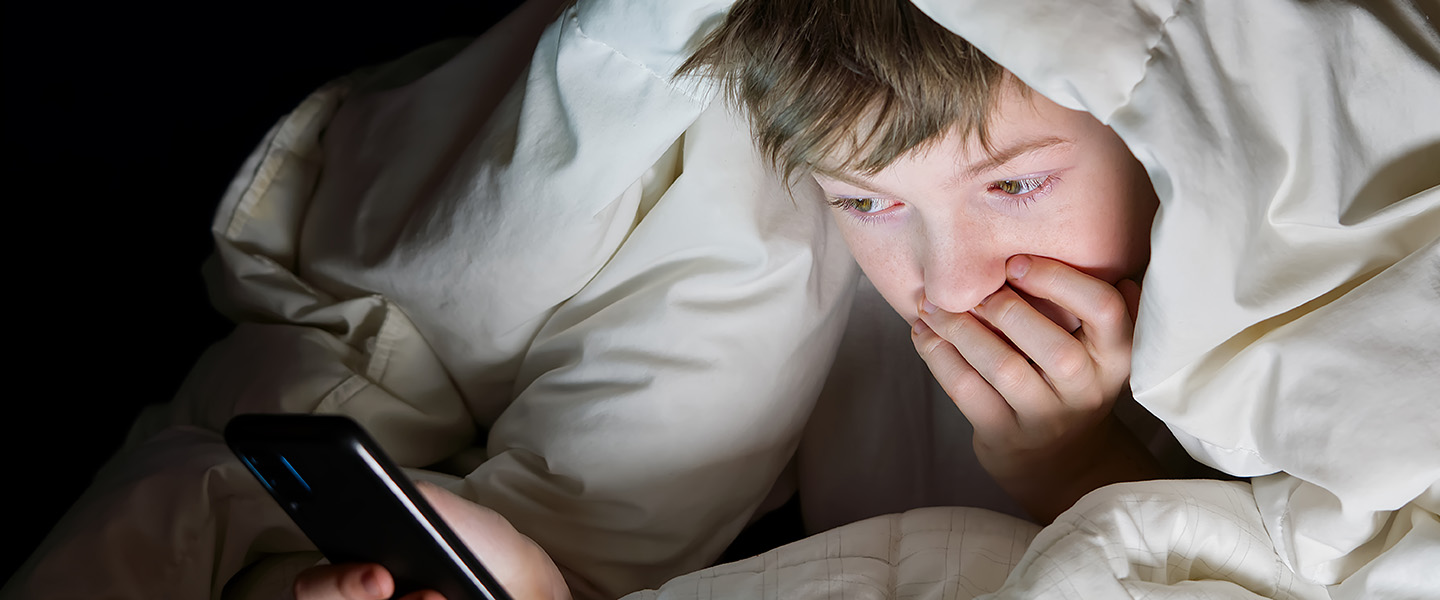Young people, ages 9-13, suggest how the amount of time spent on screens each day—TVs, computers, mobile phones, videogames—impacts depression risk at age 13. More specifically, the study relates screen use to sleep patterns and the structure of the brain’s white matter. Time spent on screens is not necessarily harmful,” the team notes in its paper, pointing out that some studies of the question have found a weak or no relation between screen time and youth mental health. Some of these studies have, however, suggested a possible relation between use of screen-based devices and depression, particularly during windows of developmental sensitivity such as early adolescence. Sleep is critical for healthy neurodevelopment, “influencing the maturation of brain regions implicated in emotional regulation,” they note, “with noteworthy associations in early adolescence involving sleep duration and the brain’s gray and white matter.” Insufficient sleep and poor sleep quality are already known to raise the risk of depression in adolescents. How screen time might affect sleep and, thus, indirectly, the question of depression risk is at the heart of the new study. Active and passive entertainment were linked with short sleep and white matter deterioration, but screen time devoted to communication did not appear to impact sleep duration, the study indicated. The authors noted that “this suggests that the relationships involving social media in early adolescence may be more nuanced, and components beyond screen time (such as actual content) should be explored.” Still, screen time may be found to be more relevant in the years just ahead, the team said, given that there has been an increase in social media use among children aged 8-12 years.
Thank you for reading this post, don't forget to subscribe!A Link Between More Screen Time In Childhood And Depression In Early Adolescence Is Related To Less Sleep And White Matter Changes Study Finds



